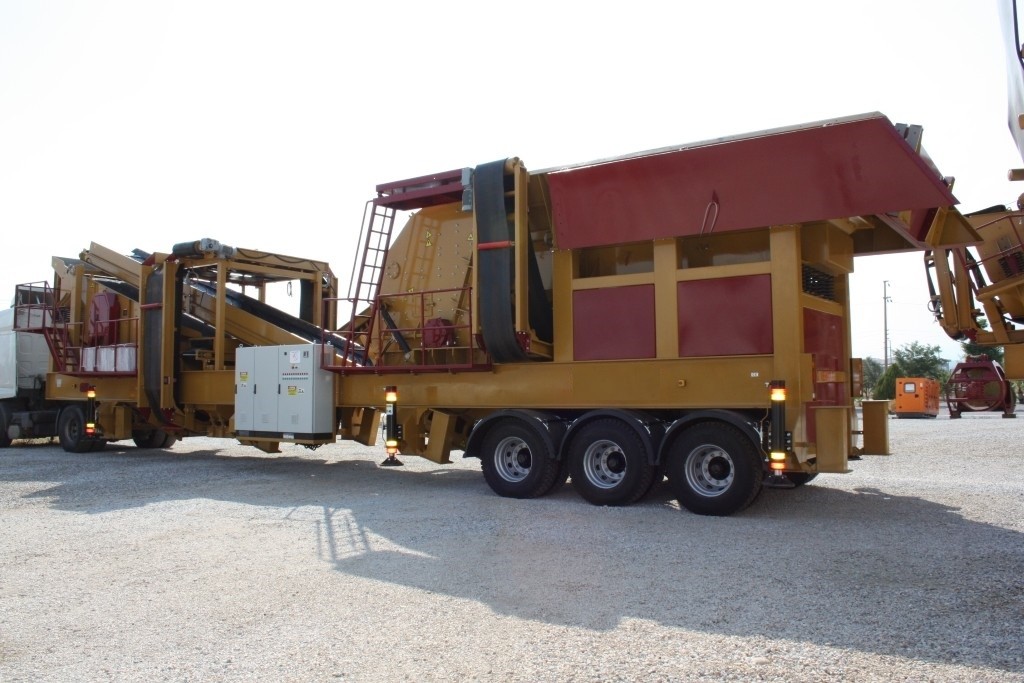What to Consider When Purchasing a Mobile Crushing and Screening Plant
When investing in a mobile crushing and screening plant, it is crucial to evaluate several factors to ensure that the equipment meets your operational needs and provides long-term value. Below are the key considerations:
Production Capacity
Determine the required production capacity based on your project's demands. The plant should be able to handle the expected volume of material efficiently without causing bottlenecks.Material Type
Consider the type of material you will be processing (e.g., limestone, granite, basalt). Different materials require different types of crushers and screens. Ensure the equipment is suitable for the hardness and abrasiveness of the material.Mobility and Portability
Mobile plants are designed for easy transportation between sites. Check the weight, dimensions, and mobility features (e.g., tracks or wheels) to ensure it can be moved easily and complies with transportation regulations.Energy Efficiency
Evaluate the energy consumption of the plant. Energy-efficient equipment can significantly reduce operational costs and environmental impact.Maintenance and Durability
Assess the build quality and durability of the components. High-quality materials and robust construction reduce downtime and maintenance costs. Also, check the availability of spare parts and after-sales support.Automation and Technology
Modern plants often come with advanced automation systems that improve efficiency and reduce human error. Look for features like remote monitoring, automated adjustments, and user-friendly interfaces.Environmental Compliance
Ensure the plant complies with environmental regulations, such as dust and noise control measures. This is especially important in urban or environmentally sensitive areas.Budget and Cost of Ownership
Consider not only the initial purchase price but also the long-term costs, including maintenance, fuel, and labor. A cheaper plant may end up costing more in the long run if it requires frequent repairs or consumes excessive energy.Supplier Reputation and Support
Choose a reputable supplier with a proven track record. Good after-sales support, training, and warranty terms are essential for smooth operations.Site Conditions
Evaluate the conditions of the site where the plant will be used, such as terrain, climate, and space limitations. The plant should be able to operate efficiently under these conditions.
 English
English
 Le français
Le français
 Türkçe
Türkçe

